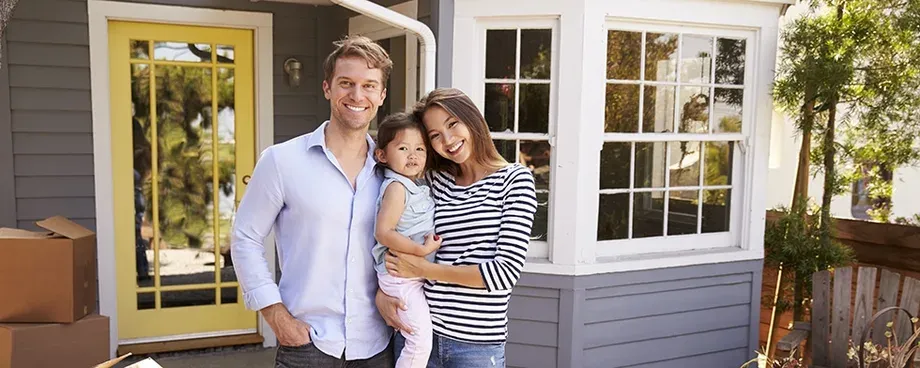Ready to buy a house? Here’s what it means for your taxes.
June 8, 2017|Updated: October 17, 2024

You’ve been pre-approved for a mortgage, you visit open houses every weekend, you’re keeping a close eye on headlines with the words ‘housing bubble’ – you feel ready to buy a house. But before you make one of the largest and most important purchases in your life, here are some tax implications you should know.
Property Virgin?
Say goodbye to rent payments and hello to the First-time home buyers’ tax credit! If you’re a first-time homebuyer you’re eligible for this $5,000 credit, which works out to $750 in tax savings. You can even split the credit with your significant other if you’re both first-time homebuyers. There’s no specific receipt needed to make this claim – you’ll just need to have the paperwork that proves you bought a house in the past year if the Canada Revenue Agency (CRA) asks.
Another great thing about being a first-time homebuyer is getting to tap into your Registered Retirement Savings Plan (RRSP) to help with your purchase. The Home buyers’ plan allows you to borrow up to $25,000 in one year, tax free. But remember you are only borrowing it – you have two years before you have to start repaying it.
Been there, done that
If this isn’t your first-time buying a home, you’re also likely selling your principal residence. What does this have to do with taxes? The CRA made a few changes last year, which adds an extra step to selling your house – reporting it. If you sold your house (or are planning to this year) you will need to report this on Schedule 3, Capital gains when you file your income tax return. The good news is as long as you designate the property as your principal residence for all the years you owned it, you do not have to pay tax on the capital gain (profit of the sale), thanks to the principal residence exemption. Just remember that you are only allowed to designate one home as your principal residence for a particular year.
Home, Sweet, Home
While there aren’t any tax credits available for standard renovations to make your home feel – well, like home – there is a non-refundable tax credit for renovations that make a home more accessible. If you undertake renovations to your principal residence in order to make it more accessible to seniors or disabled persons, you can claim your expenses up to $10,000.